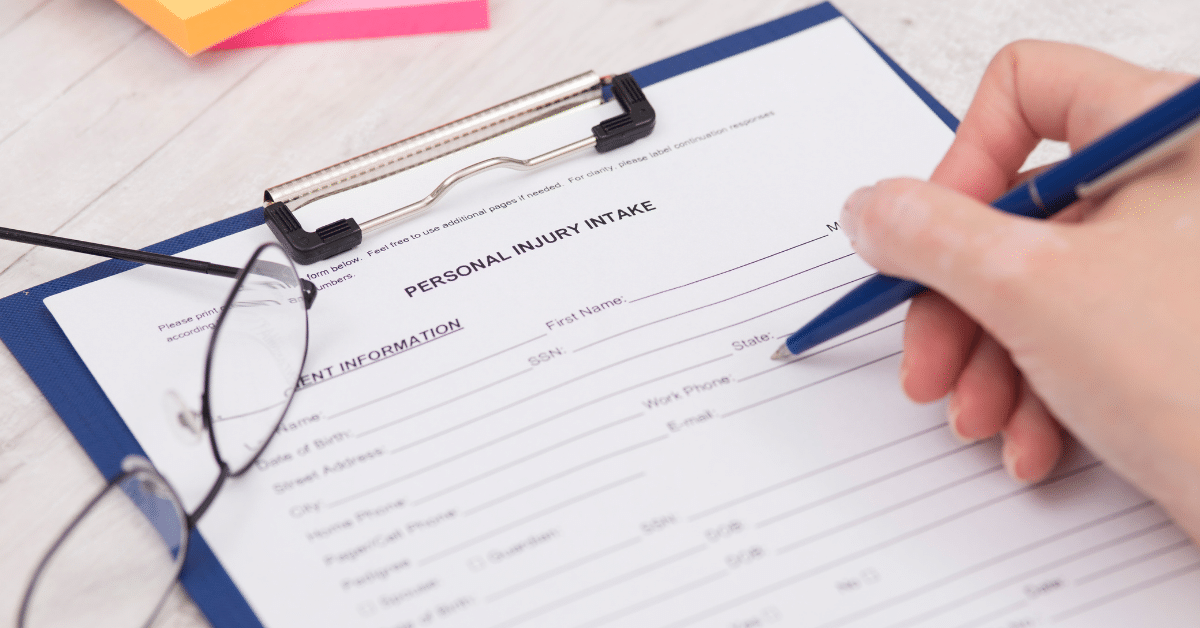
Suffering an injury due to another person’s negligence can be stressful, frustrating, and expensive. However, in many instances, the property owner, driver, or other at-fault party is liable for these injuries, which means that victims can sue them for compensation.
Finding out if your case is eligible for a personal injury lawsuit is an important step in determining whether to move forward with your claim. Read on to learn more about who can sue for personal injury in Connecticut and how our team at Jonathan Perkins Injury Lawyers can help.
Who Can Sue for Personal Injury in Connecticut?
There are three main factors affecting the value of a personal injury claim:
- Insurance or a place from which to collect compensation for the injury victim.
- Liability or a way to prove that the actions or omissions of the defendant negligently caused the incident at issue; and
- Damages, meaning being able to show how badly the victim is injured and that the victim’s injuries were caused by the incident at issue.
Personal injuries look different depending on the circumstances surrounding the injury. A few of the most popular kinds of personal injury cases include:
- Car accidents
- Slip-and-fall accidents
- Medical malpractice
- Product liability
In each of these cases, the at-fault party had a duty of care to keep the victim safe yet failed to uphold this duty.
Overall, if you believe that another person is at fault for your injury, you should contact Jonathan Perkins Injury Lawyers and we’ll explain to you how it works.
Premises Liability
Some of the most common personal injury cases involve a person suffering from an injury on another person’s property. In these cases, the law says that two primary types of people may hold a property owner liable for damages: invitees and licensees.
Invitees are individuals whom the property owner invites to the premises to conduct business. An example of an invitee is a person who enters a grocery store to shop for groceries.
Property owners have a significant duty of care to invitees. They must ensure that their premises are safe and hazard-free to prevent these individuals from facing injury while visiting the property.
Meanwhile, licensees are individuals who enter the premises for personal reasons but with permission from the property owner. An example of a licensee is a person who visits a friend at the friend’s home.
Property owners have a lower duty of care to licensees than to invitees. However, landowners must still warn licensees of any hazardous conditions around the property and take measures to ensure that the property is reasonably safe.
Both invitees and licensees can receive compensation by pursuing a personal injury case.
Contact Us Today
Personal injury cases can encompass a wide range of injuries and scenarios. If you’re unsure whether your injury could qualify for a claim, our experienced personal injury lawyers in Connecticut can help.
At Jonathan Perkins Injury Lawyers, we have spent years defending clients throughout Connecticut and securing appropriate compensation for their pain and suffering.
Contact us at Jonathan Perkins Injury Lawyers today at 800-PERKINS to schedule your personal injury lawsuit consultation. We serve clients throughout Connecticut, with offices in New Haven, Bridgeport, Hartford, Waterbury and New London.
